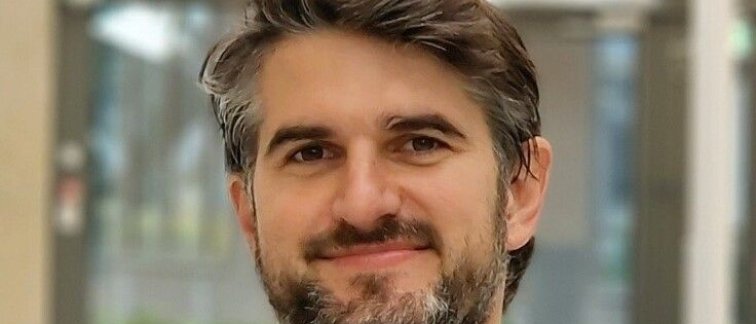General
Despite impressive advances in neuromodulation therapies for Parkinson’s disease (PD), a big majority of patients with advanced PD develop disturbances of gait and balance, including postural instability, festination, or freezing of gait, that are refractory to existing treatments. These deficits lead to frequent falls and increase comorbid conditions.
Closed-loop stimulation therapies of brain and spinal cord have the potential to better address locomotor abnormalities. However, the delivery of stimulation must be tuned online to the fluctuating state of patients, as well as to task- and context-related constraints encountered in daily life. Such closed-loop therapies are contingent on biomarkers that inform about locomotor activities and deficits in real-time.
We are leveraging the sensing capabilities of last-generation neurostimulators for deep brain stimulation (DBS) to identify neural biomarkers that underlie locomotor function and dysfunction in the subthalamic nucleus, and to prototype neural decoding algorithms that can robustly predict such deficits despite fluctuations and real-life constraints.
In this talk, I will introduce our current developments in this direction, and how we intend to use them for personalising therapies of brain and spinal cord to better address gait deficits in patients with advanced PD.
Dr. Eduardo Martin Moraud is an Assistant Professor at the Faculty of Biology and Medicine at the University of Lausanne, Switzerland, and a Group Leader at the University Hospital Lausanne. His research focuses on the design, implementation and clinical validation of translational neurotechnologies operating in closed-loop to modulate the activity of brain and spinal circuits in real-time, with the goal to alleviate gait deficits and improve locomotor performance after neurological disorders.
Dr. Moraud obtained his PhD from ETH Zurich, Switzerland under the supervision of Prof. Silvestro Micera, and was a visiting researcher in the group of Prof. Grégoire Courtine at EPFL, Lausanne. During that time, he pioneered the first closed-loop system to control spinal-cord neuromodulation for the restoration of legmotor control after spinal cord injury (SCI). He extensively validated this approach on different rodent and non-human primate models of SCI. These closed-loop strategies enabled paralyzed animals to perform more than 1000 continuous steps without failure on a treadmill, and to maximize locomotor performance during rehabilitation. These approaches are at the core of clinical results reported on human individuals since then (Wagner et al, Nature 2018, Rowald et al, Nature Medicine 2022), and hold important implications to help improve recovery after paralysis in patients.
Dr. Moraud then carried out postdoctoral research in the group of Prof. Peter Brown at Oxford University (UK), where he leveraged similar concepts to optimize Deep Brain Stimulation strategies in Parkinson's disease (PD). He is currently further refining these concepts to specifically address deficits of gait and balance in individuals with advanced PD. The Colloquium will be held at the VU Campus, MF building in room D565, and is followed by drinks.
You can follow the colloquium in person at the VU Campus, or via Zoom by clicking on the following link:
- https://vu-live.zoom.us/j/3120569261?pwd=dXFiVGl6RndTaUtoZU1scEZDcGtIZz09&omn=94265421006
- Meeting-ID: 312 056 9261
- Passcode: 667653

